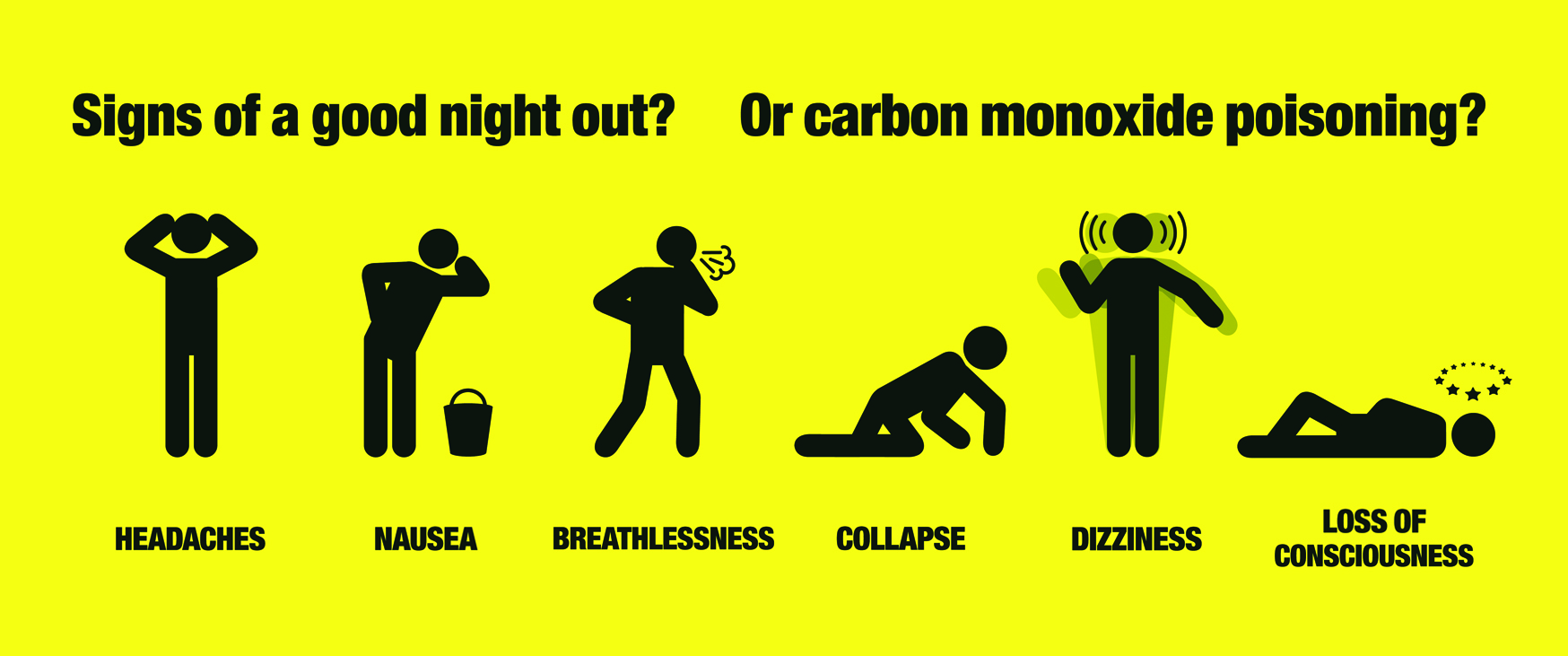Carbon monoxide has been in the news recently in the wake of a series
of gas-related deaths in a North Carolina hotel. While statistically rare,
carbon monoxide poisoning nonetheless presents a serious problem for both hotel
operators and their guests. This gas—odorless, tasteless, and colorless—can
emit from malfunctioning furnaces and water heaters. If inhaled in sufficient
quantities, it will cause everything from headaches and vertigo to seizures,
cardiac arrhythmia, and even death.
If you’re a guest at a hotel—or spend any length of time in enclosed
spaces where you might be exposed to carbon monoxide—you must be alert to the
symptoms of carbon monoxide poisoning. The U.S. Environmental Protection Agency
offers the public an excellent informational brochure
regarding carbon monoxide awareness: “Know
the symptoms of CO poisoning. At moderate levels, you or your family can get
severe headaches, become dizzy, mentally confused, nauseated, or faint. You can
even die if these levels persist for a long time. Low levels can cause shortness
of breath, mild nausea, and mild headaches, and may have longer-term effects on
your health. Since many of these symptoms are similar to those of the flu, food
poisoning, or other illnesses, you may not think that CO poisoning could be the
cause.”
If you own and/or operate a hotel, you must constantly maintain any
equipment that can potentially emit carbon monoxide, and also have fully
operational CO detectors/alarms in all rooms. Many states enforce strict laws regarding CO detectors, and for good reason; not only does poorly-maintained
equipment present a serious health risk to your guests, it also has the
potential to cripple your business in the event of a poisoning incident.


No comments:
Post a Comment